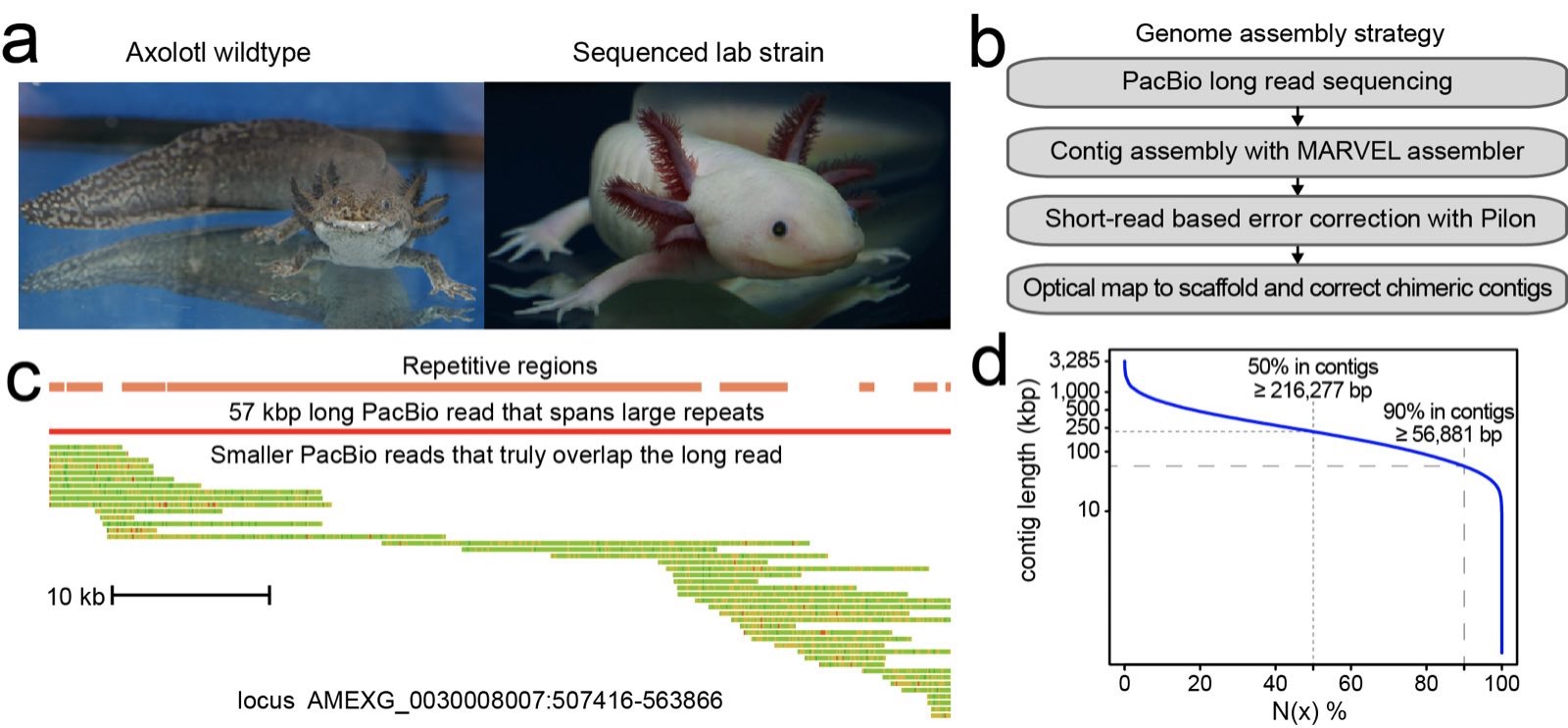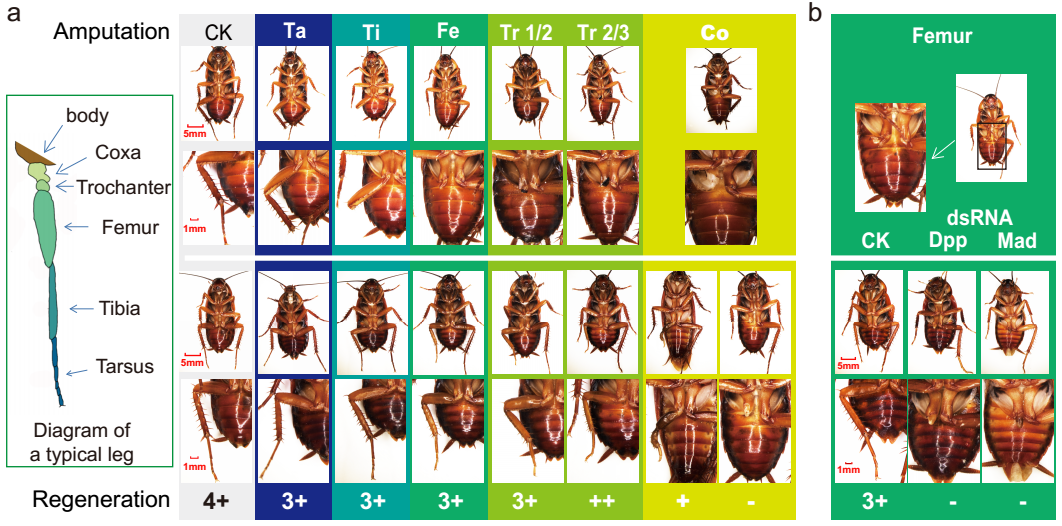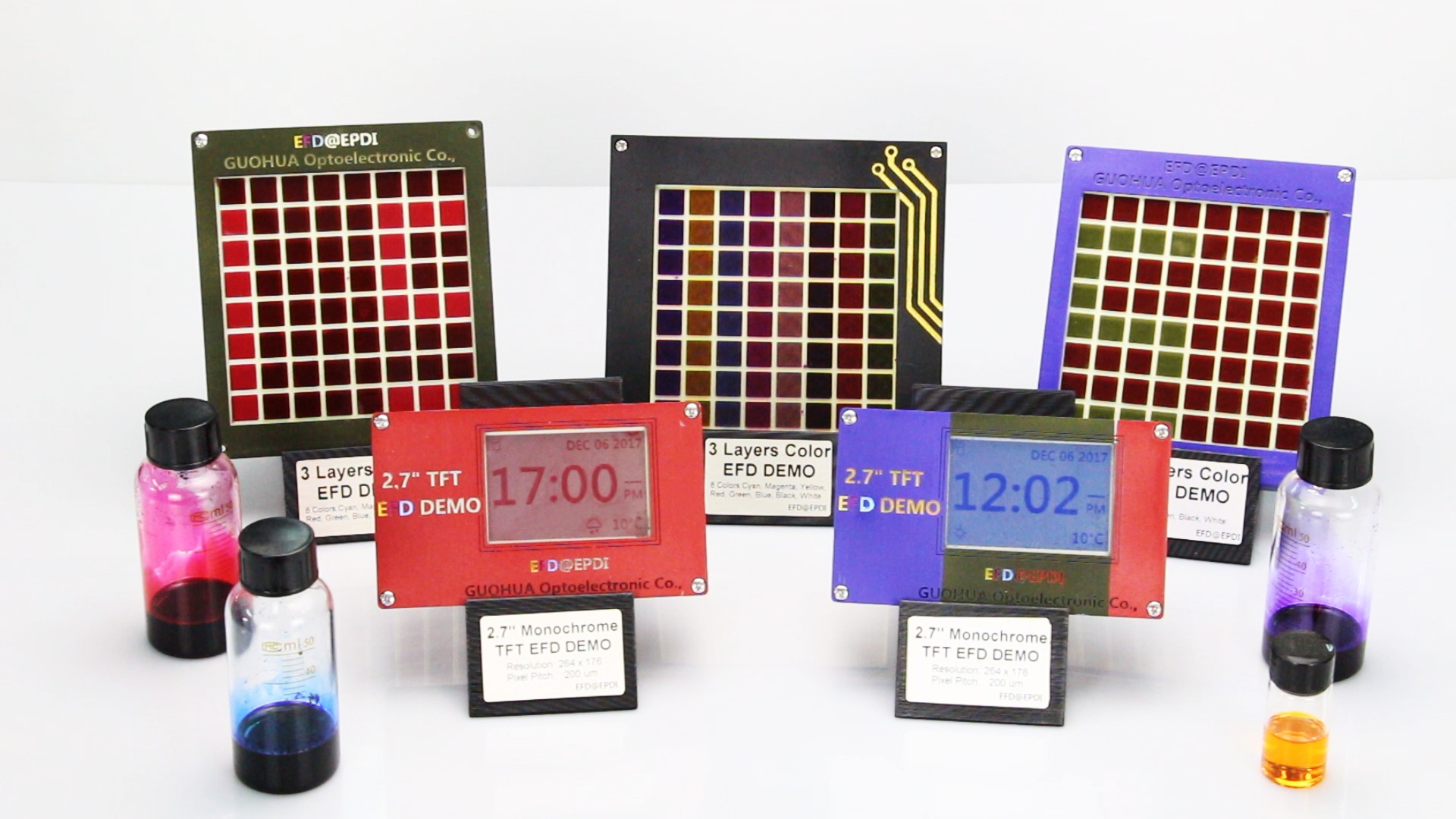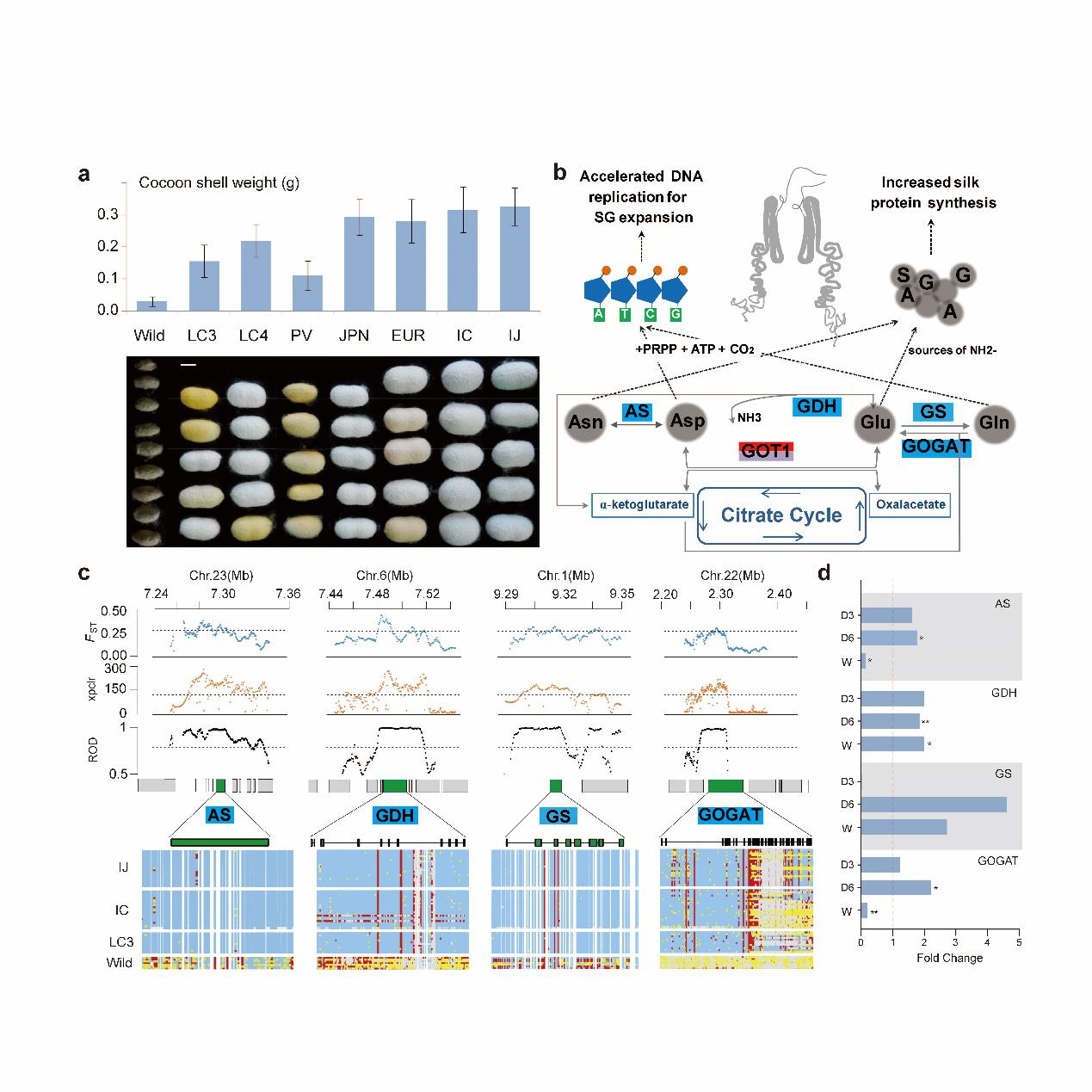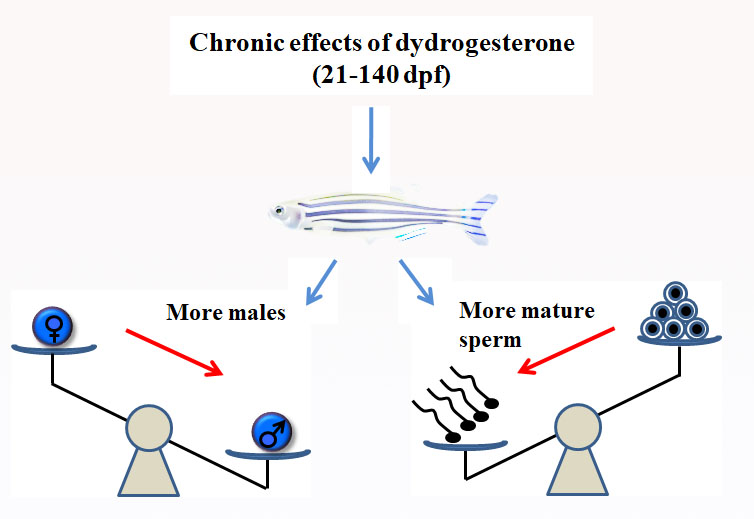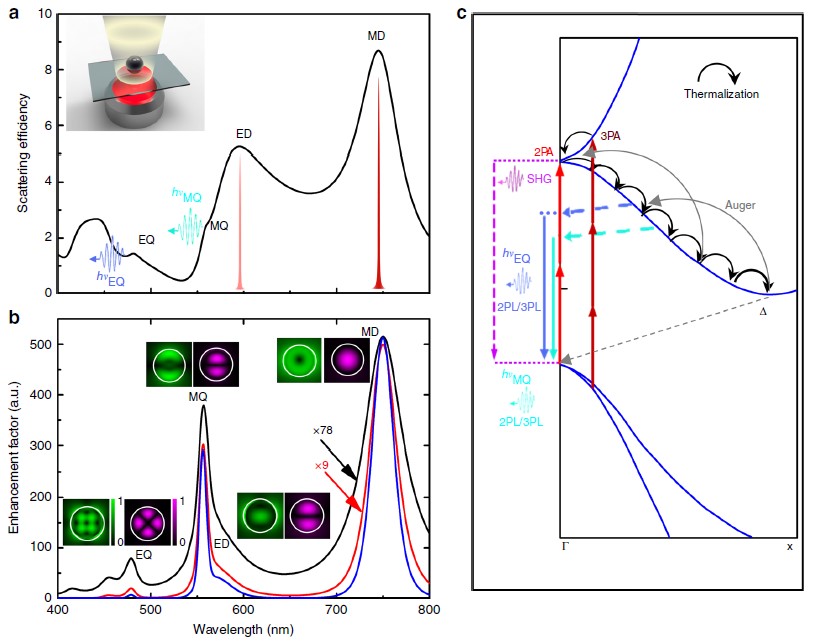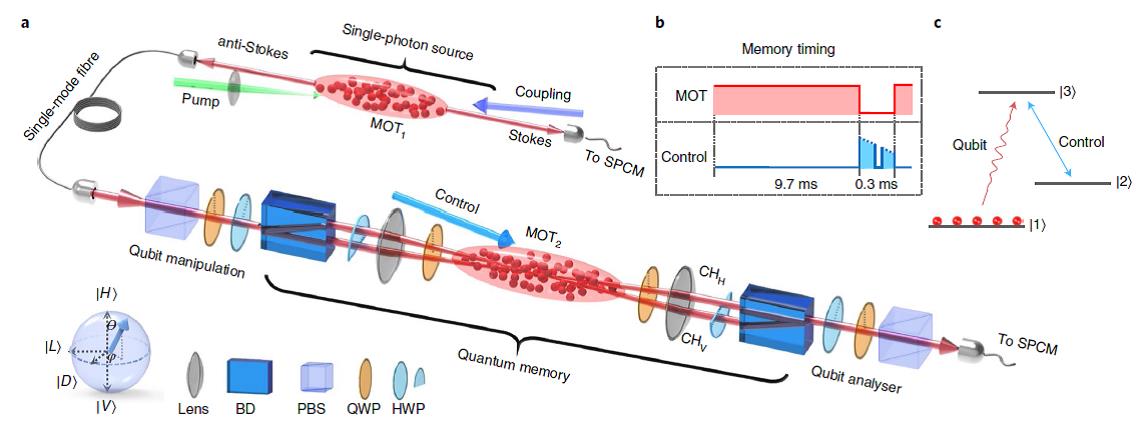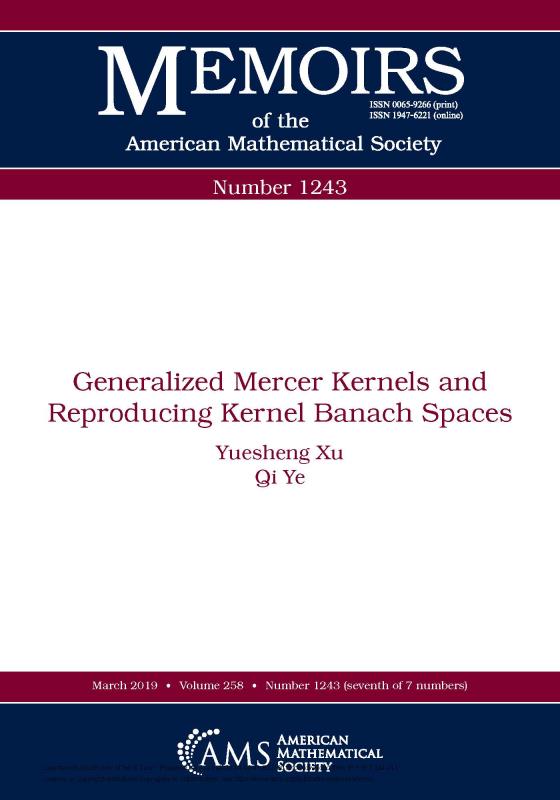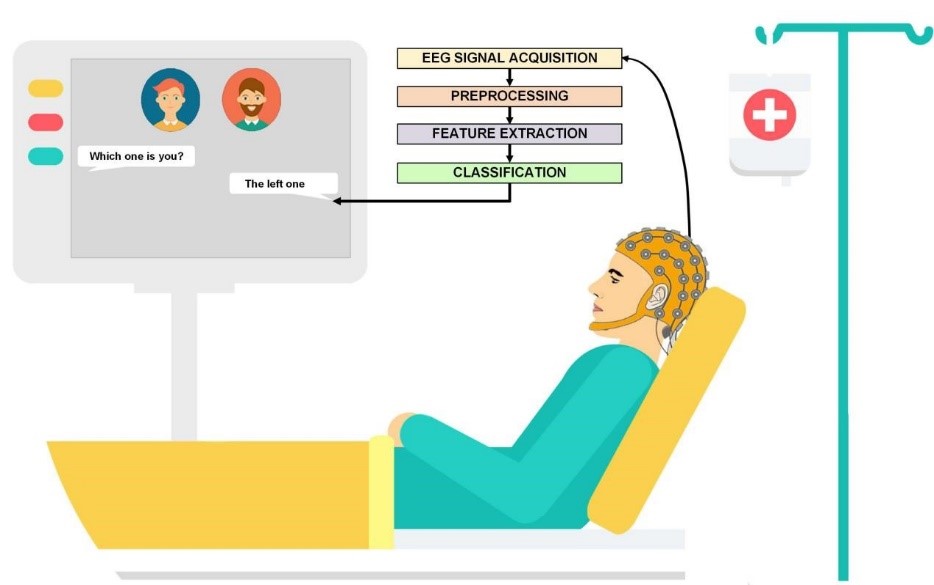
Likes
Lately, the SCNU project “Brain-computer Interface Technology and Clinical Application for Patients with Disorders of Consciousness” has received 10 million yuan funding support from the 2020 Key Research and Development Program of the Guangzhou Municipal Government (Guangzhou R&D program).
Led by Professor Qin Pengmin of the School of Psychology of SCNU, the project aims at rebuilding communication with patients with disorders of consciousness for more specific diagnostic indexes. It takes patients with disorders of consciousness (e.g. persistive vegetative states) in recent years in China as the main study object, trying to use a brain-computer interface to communicate with them.

Rebuilding communication with patients through brain-computer interface.
The neural mechanism of consciousness is one of the most prominent 25 scientific problems mentioned in Nature as well as a hot but difficult issue in current scientific research. Chinese patients with serious disorders of consciousness are increasing by 70,000 - 100,000 every year, according to People’s Daily. Patients in persistive vegetative states lack self-consciousness and understanding of the surrounding environment. As they lose athletic ability, the misdiagnosis rate reaches to 40% in clinical diagnosis, showing an urgent need for a more accurate diagnostic method. By combing brain-computer interface and functional magnetic resonance imaging, the project intends to improve accurate diagnostic capability and prognosis prediction capability for patients with disorders of consciousness, and provide an objective basis for their follow-up rehabilitation strategies.
SCNU’s project is among a total of 13 to receive support in the field of brain research. The study not only has clinical application value, but also helps to reveal the neural mechanism of consciousness.
Launched in 2019, this year’s Guangzhou R&D program gives support to scientific projects in five key areas, including artificial intelligence, new materials, brain research, intelligent connected vehicles and other major research areas. It intends to set up a number of major scientific and technological projects in order to break through leading core technologies at the cutting edge within 3 to 5 years.
This project is led by Professor Qin Pengmin of SCNU, uniting with Associate Professor Pan Jiahui of the School of Software, SCNU, Professor Pan Gang of Zhejiang University and various experts and scholars in the field of cognitive neuroscience, artificial intelligence, brain computer interfacing and medical science.
Professor Qin Pengmin is a Youth Top-notch Talent introduced at SCNU in 2016. Since he engaged in scientific research, over 30 papers, which were quoted more than 1,800 times, have been published in international authoritative journals, including the Annals of Neurology,Brain,Neuroscience & Biobehavioral Reviews, Trends in Neurosciences, NeuroImage, Human Brain Mapping,Neurolog, etc. Since 2020, the group has published part of their results in international high-level journals (see below)
(1) Prognosis for patients with cognitive motor dissociation identified by brain-computer interface published in Brain (5-Year Impact Factor: 11.77): https://doi.org/10.1093/brain/awaa026;
(2) Linking bodily, environmental and mental states in the self—A three-level model based on a meta-analysis published in Neuroscience and Biobehavioral Reviews (5-Year Impact Factor: 9.42): https://doi.org/10.1016/j.neubiorev.2020.05.004
Transedited by Li Siqin
Proofread by Edwin Baak
Edited and reviewed by Li Jianru
What to read next:
